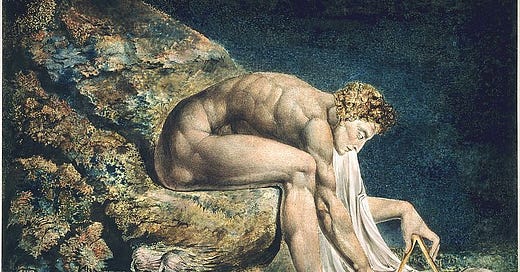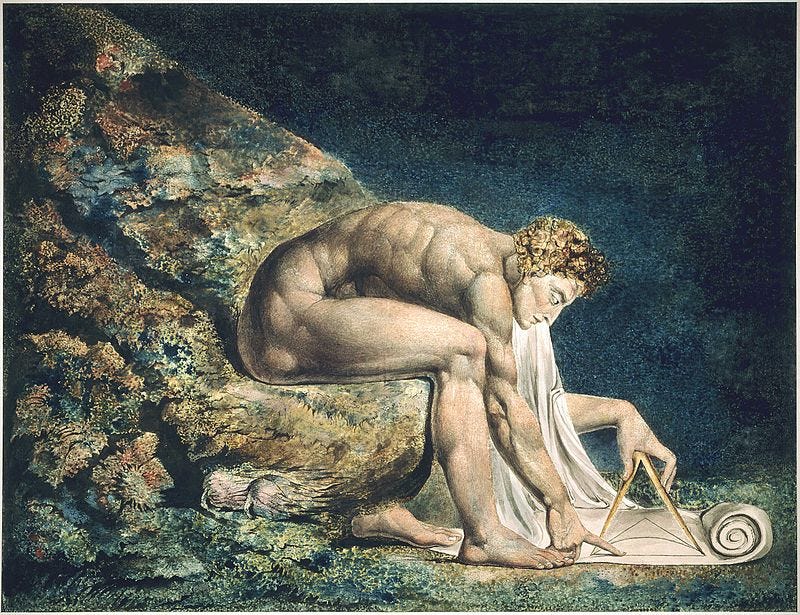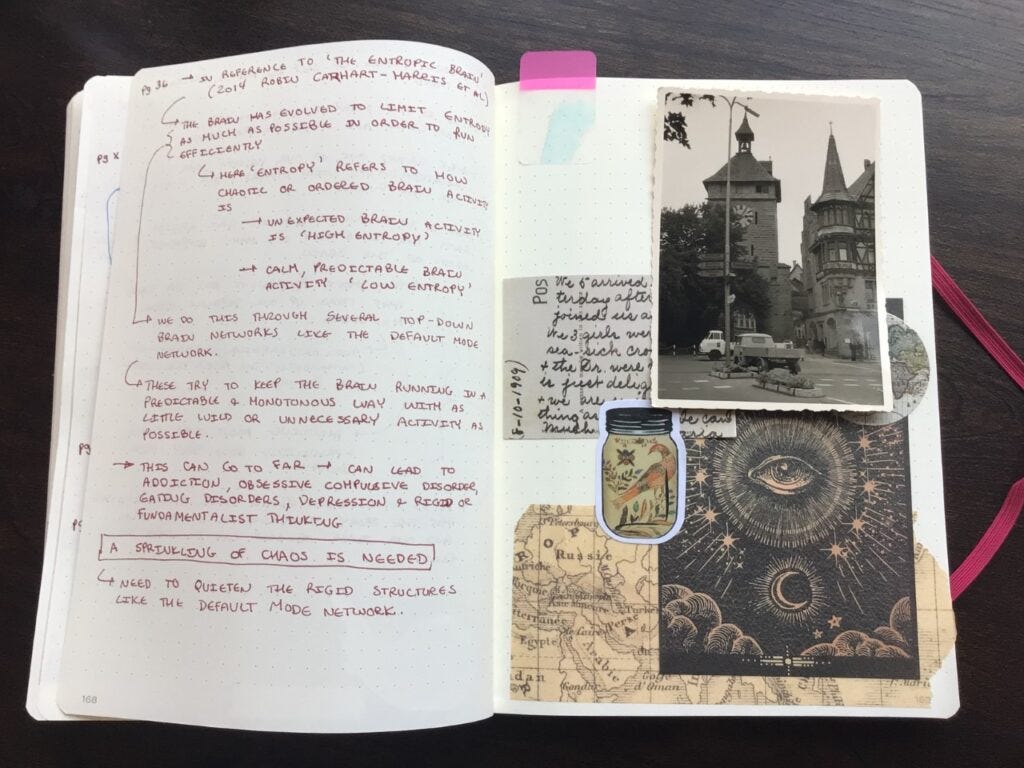Some thoughts on AI and creativity
I've been reading William Blake vs. the World by John Higgs, a biography of William Blake. I've only just started, but in the introduction, the author wrote this:
Like the fingerprints visible in the clay of early Aardman animations, or the warts-and-all one-take rawness of early rock 'n' roll recordings, a writer's idiosyncrasies and mistakes humanize their work. They reveal their writing to be the painstakingly built creation of an imperfect soul trying to construct something extraordinary.
Higgs wrote this to explain why he was going to quote William Blake exactly as he wrote his words mistakes and all, but I think this kind of leaning in to be human is the perfect counter to the current rise of AI in writing (AI for imagery is a whole different issue I don't intend to delve into here).
If anyone hasn't played around with the new chat AI that came out a month or so ago, head over and have a conversation. This morning, I asked the AI to write me a haiku, and this is what it gave me:
A single leaf falls
Quietly to the ground below
Autumn's lonely call
--ChatGPT
For fun I gave it the first four lines of Auguries of Innocence by William Blake (one of my favourite poems of all time) and asked it to turn it into a haiku:
In a single grain
A world is held within its form
Eternity blooms
--ChatGPT
I'm not a connoisseur of haiku, but both of these are better than I could do.
In the fiction writing world, this has been big news. There is a lot of worry that this type of technology will replace humans writing novels. Research has been done on best selling novels, and the structures that make some books become best sellers is known (if you want to learn more I recommend this book). As it is right now, AI is a tool. Either now or within a few years, I'm sure an AI will be able to apply these structures and produce books. But are these books are these going to be anything I'd want to read?
Ever since we figured out how to grind ocher and use our fingers to draw on cave walls, humans have used tools to tell stories. Writing is another of those tools, as is the pen and the keyboard. I use Scrivener to write my fiction (there are plenty of word processing software out there, this one works how my brain does), I use ProWriting Aid to check my spelling and grammar (and there are other options)--these are all just tools. I see no reason why I wouldn't use a chatbot or other AI to help me work on my story ideas to some extent--and the creativity is still mine as I'll be the one providing the prompts.
In the end, I'm still going to lean into being human with my notebooks, sketches and stickies, I just might add another tool.
What draws me to a story is the characters and I like quirkiness and unexpected twists, and those are things that will be much harder to an AI to write. Like Higgs' quote above, a human author can lean into their quirkiness and imperfections and mold something worth reading.
Here's an example of me being imperfect and human:
Top image is by William Blake in 1795 and from here.





